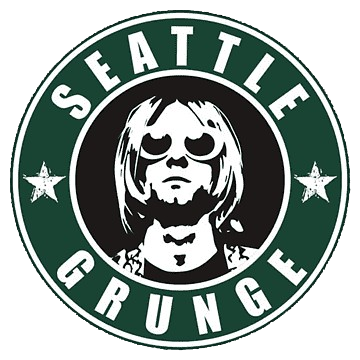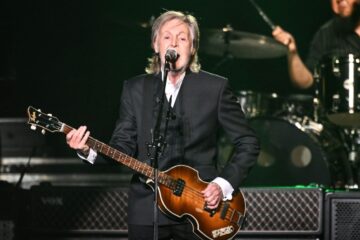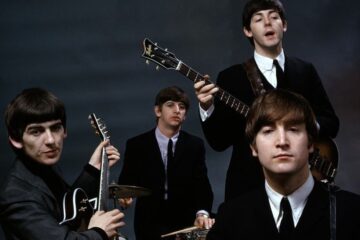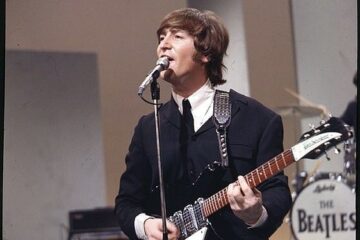When The Beatles were tasked with writing a song for Britain’s part in the first simultaneous global TV broadcast Our World, there was one member of the band who jumped at the chance. While this type of challenge has seen many artists falter, with written-to-order songs for international pageantry often coming off as banal and insincere, John Lennon had been writing prescribed hits for five years.
He and Paul McCartney were the ideal candidates to compose an on-brand piece with mass appeal. But Lennon even had the jump on his regular songwriting partner, given that he was naturally drawn to the idea of delivering a message to the masses through music. It’s an approach he would adopt more frequently in the early years of his solo career on singles like ‘Give Peace a Chance’, ‘Power to the People’, ‘Imagine’ and ‘Happy Xmas (War Is Over)’.
The message of ‘All You Need Is Love’ might be simple, but back in 1967, it was highly effective. Not only did The Beatles score yet another number one single, but the song’s slogan captured the imagination of millions around the world and served as the lyrical cornerstone of utopian social and political sentiments echoing around the summer of love.
Lennon had his finger on the pulse of a movement of which he was barely even a fringe element at the time, demonstrating the keen instinct for articulating the feelings of a generation that allowed him to engage so many young people throughout his career. He had his own personal motivation for writing the song, too. From a songwriting point of view, he was looking to build on an earlier attempt at overt sloganeering, which had made its way onto a Beatles album 18 months before.
So, what was the earlier slogan?
In a prophetic anticipation of the hippie movement which would come to dominate youth culture in the second half of the 1960s in North America and Western Europe, the track ‘The Word’ from The Beatles’ album Rubber Soul prefigured the theme of ‘All You Need Is Love’. “It sort of dawned on me that love was the answer, when I was younger,” Lennon explained during an interview included in the band’s Anthology documentary.
He called ‘The Word’ his “first expression” of the understanding that love is “the underlying theme to the universe”. In the song, which he finished off with McCartney during a writing session in late 1965, he exhorts the listener to “say the word” before revealing that the word in question is indeed “love”. Not love in the sense conveyed throughout most of the early Beatles releases, which describe the type of puppy-dog romances that appealed to the band’s early fandom. This love is portrayed as a powerful – almost spiritual – force capable of changing society.
The music backs up this sentiment, taking inspiration from gospel music with an upbeat syncopated rhythm built on piano and organ stabs and choir-like harmonies on the bluesy diminished fifth at the end of each chorus line. The last iteration of the chorus even finishes with a line that sounds like an early version of “All you need is love”. Lennon sings, “The only word is love.”
It’d take him a year and a half to rephrase this into a catchier song title ready for Our World. But the foundation stone for one of the most famous and beloved Beatles songs of all had already been laid.




